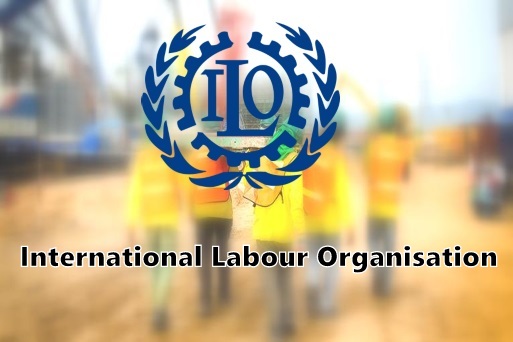
Global productivity growth has slowed to a crawl, stalling real wage increases and limiting job creation across many economies, the International Labour Organisation (ILO) has warned.
According to the ILO’s World Employment and Social Outlook: Trends 2025, productivity in upper-middle-income countries has remained positive since 2019. However, low-income countries have suffered substantial losses and face continued stagnation.
“Productivity—the key driver of economic growth—is distributed unevenly both within and between countries,” the report stated. “Slow productivity growth poses a serious threat to living standards and progress towards the Sustainable Development Goals.”
The report attributes the global slowdown partly to failed structural transformation, particularly the inability of many countries to shift workers from subsistence agriculture into manufacturing and modern services.
Since 2015, employment patterns have largely stagnated. As of 2023, agriculture still accounted for over 26% of global employment. Much of the job growth in services has been concentrated in retail and wholesale sectors, often marked by poor working conditions—especially in developing countries.
Although female labour force participation has increased in lower-middle-income countries, particularly India, much of this growth involves women working as unpaid family labour, with limited impact on GDP or productivity.
The report also raised concerns about rising labour market concentration. In many countries, job seekers face limited choices beyond a few dominant employers, leading to wage stagnation and increased inequality.
“Growing market concentration—particularly in low-wage service sectors—has led to wage suppression, rising poverty, and a greater need for government intervention,” the report noted.
In addition, long-term trends such as digitalisation, geopolitical fragmentation, and policy uncertainty are reinforcing the dominance of a few major firms, reducing the trickle-down of productivity gains into real wages.
While some middle-income countries continue to show resilience, the ILO cautions that without bold policy action to accelerate structural transformation and industrial development, sustainable wage growth—especially in developing economies—will remain elusive.












